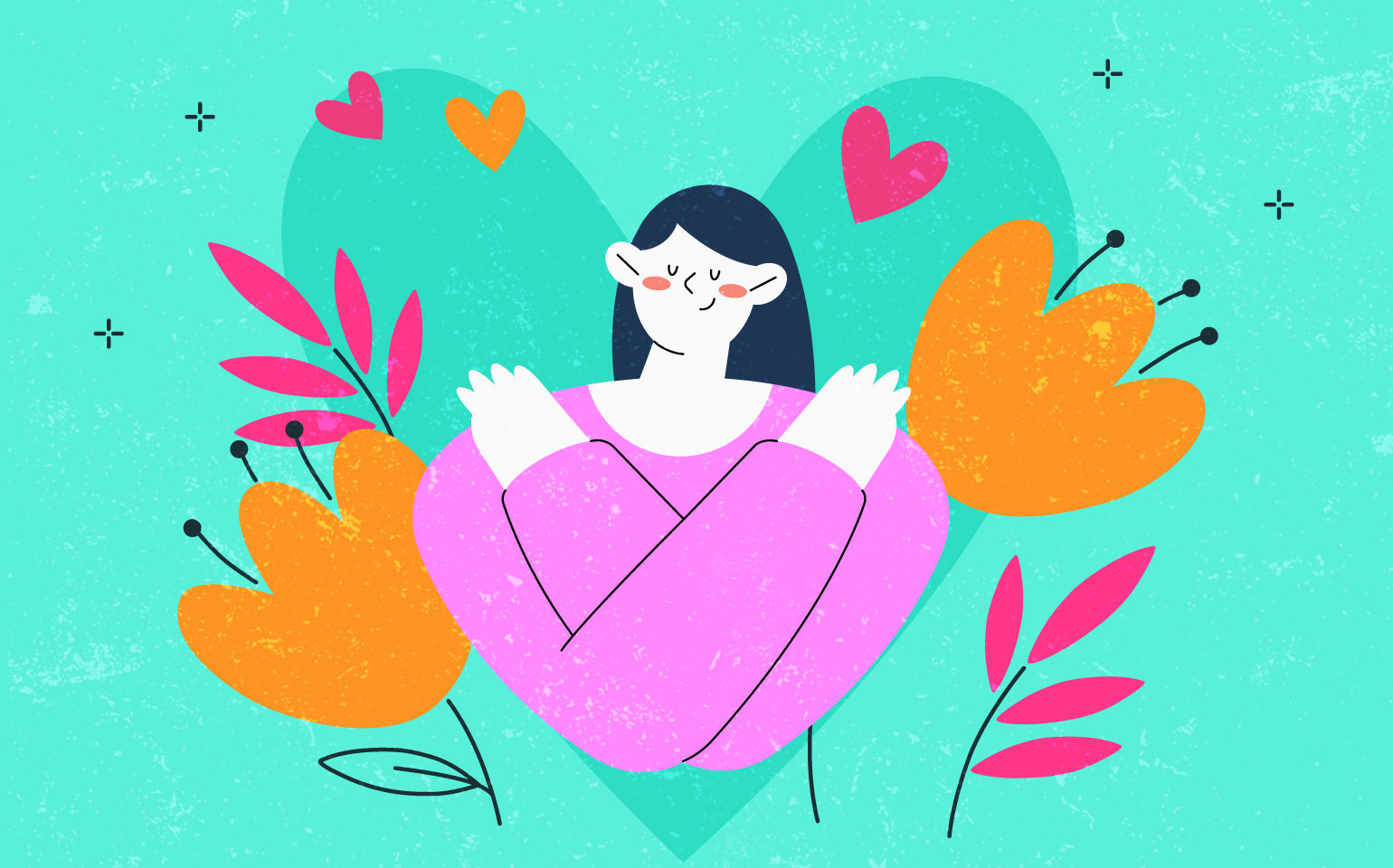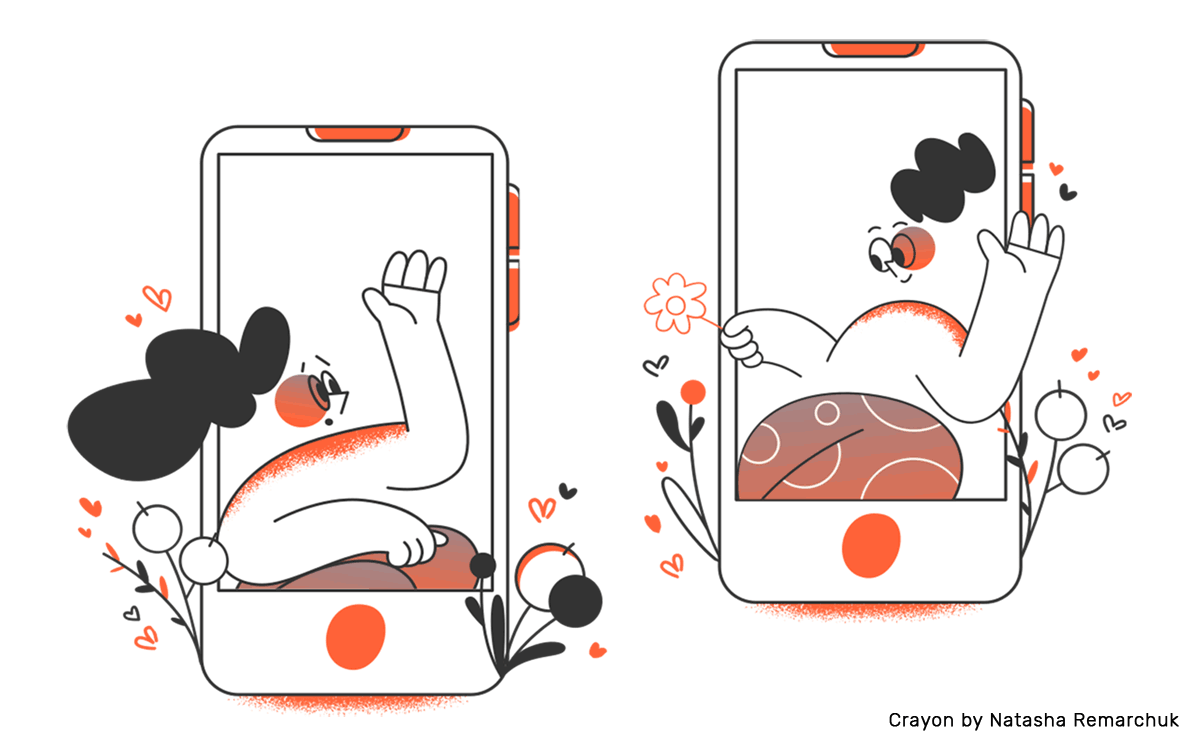
The Power of Self-Improvement: Why Forgiving Yourself Is the First Step
In our quest to improve, we do a great deal of goal setting, breaking bad habits, and finding the will to be better. Although these are indeed important in growth, there is one key step most people often miss: self-forgiveness. Without forgiving yourself for past mistakes, missteps, or failures, true self-improvement may prove to be an uphill task.
The Weight of Self-Blame
It’s easy to fall into a cycle of self-blame, be it a lost love, a dream that didn’t happen, or just one of those moments you feel you didn’t meet expectations. The overall experience leaves you feeling guilty and regretful. Sometimes the guilt weighs heavily, serving as a hindrance to your future. Other times, it’s self-sabotage due to unconscious personal undermining to grow and become better.
Most of our self-blame normally comes from the belief that we should have known or done better. However, the reality of life is that people are only human and errors serve a purpose in the learning process. Carrying the burden of past mistakes will not alter the situation in any way, but it will deny you the opportunity to approach life with an open heart. In the past, I recall constantly weighing the guilt of my poor decisions on my shoulders, later realizing it was unnecessarily taking a negative toll on my overall physical and mental health.
Self-forgiveness doesn’t mean being complacent and forgetting the lessons that life taught you through experience. Instead, it means accepting that you did the best you could with all the knowledge, resources, and circumstances at that point in life. It simply comforts the mind by understanding that growth is a process and an essential part is to fall sometimes. In my case, it’s a therapeutic process of simply letting go of things that are now beyond my control.
When you learn to forgive yourself, you unleash your mental and emotional energies for better changes and new opportunities. It enables one to step out of the cycle of self-pity and encourages self-compassion. In my case, I believe I became more compassionate and open-minded by approaching everyday situations with a positive mindset, instead of constantly putting the blame on myself. This benefited me greatly, preventing me to overthink and drown myself into my own thoughts. Forgiving yourself, overall, empowers one towards constructive steps to achieve goals without the fear of failure or the shadow of past mistakes.
How to Practice Self-Forgiveness
Forgiving yourself isn’t always simple, especially when you have been hard on yourself for a while. However, with repeated practice, it can become a skill that helps you improve. Here are a few steps to get you started:
- First and foremost is forgiving yourself by admitting what happened. Be honest with yourself, what mistake did you make or what action do you now regret? This is not the same as trying to flog a dead horse; it is just being honest about whatever transpired, without judgment.
- Understanding Context: Look at the different forces or factors at play at the particular time when you made the mistake. Maybe you were under stress or lacking some needed pieces of information. Understanding context will help you see that your actions were not a reflection of your worth or character but a response to the situation.
- Learn from It: Each mistake becomes a grand opportunity to learn. What am I going to take from this experience? What would I do differently next time? How can I be better? Focus on the lesson, not the mistake, and you will shift your thinking from regret to growth.
- Practice Self-Compassion: Be kind and understanding towards yourself as you would with a good friend. Remember, forgiveness is not about excusing but accepting the humanness in you. You are not perfect and that is okay.
- Let Go and Move On: Having acknowledged the fault, understanding the context, and learning from it, now is the time to let it all go. Feeling guilty about your guilt is useless and only leads to retrogression. Let it go, and your mind turns to the present and the future.
The Ripple Effect of Self-Forgiveness
Forgiving yourself is not a self-based phenomenon; it influences your entire way of life. Being kind to yourself allows you to be patient, compassionate, and understanding with others. It can improve the quality of your relationships, as you are less likely to project your insecurities and frustrations onto others.
Besides that, self-forgiveness makes you more resilient. The more you imbibe it in your practice, the more faith you have in your capacity to surmount difficulties and setbacks. Resilience is what will be the key to this long-term practice in self-improvement because by showing up to difficulties with a positive and determined attitude, you manage to get up again. For me, resilience has been my fuel to navigating experiences in this lifetime, despite the hardships that arise.
Embrace Imperfection As Part of the Journey
Self-development is not about being perfect. It’s about becoming who you should be but with all your imperfections. One of the most important keys to this is forgiving yourself. If anything, it is a way of letting the past go and walking into the future with total confidence and self-belief.
So, the next time you find yourself ruminating over some mistake, just remember that self-forgiveness is not a sign of weakness but a powerful tool towards growth. Love those imperfections and learn from experiences as you move on to improve yourself. The most important relationship one can have is with the self, which deserves care, nurture, and compassion.



